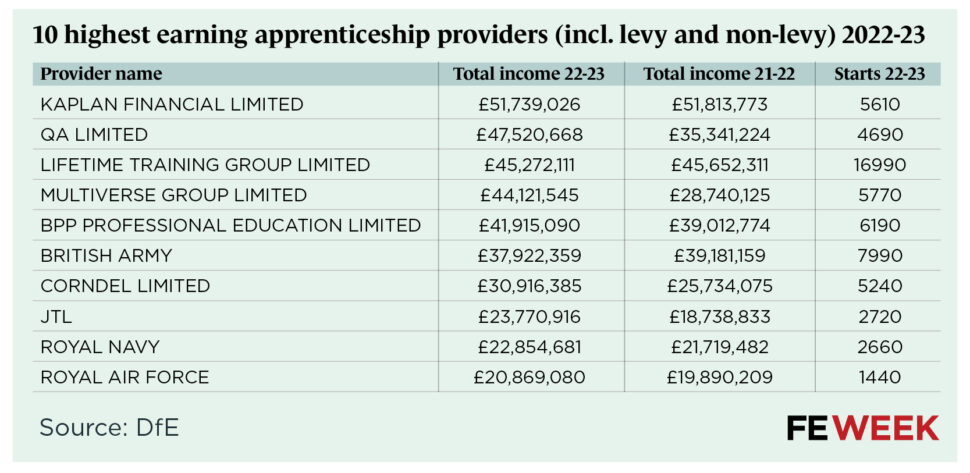Funding for local skills improvement plans has been confirmed for the next six months, as the sector awaits long-term financial decisions expected at the Spending Review.
Each employer representative body leading England’s 38 local skills improvement plans (LSIPs) has been awarded £100,000 to continue working from April to September.
The Department for Education originally allocated £20 million, or £550,000 per employer representative body, to manage the plans from 2023 to last month.
The government is thought to be planning the commissioning of new LSIPs, with increased input from local mayors and other strategic authorities.
Exactly how much funding will go towards LSIPs from October is understood to be being considered as part of the Spending Review, expected in June this year.
However, in her spring statement last month, the chancellor announced an additional £20 million for LSIPs to “form partnerships between colleges and construction companies.”
A key aim will be increasing the number of teachers with construction experience to “train the next generation of workers.”
Last year, the British Chambers of Commerce urged the previous government to commit to funding until “at least” 2028, to provide businesses with long-term certainty about input into skills training in their areas.
Gareth Thomas, who advises the East Midlands Chamber on developing the LSIP for Leicester and Leicestershire, said he understood there would be a “competitive process” to decide who will deliver the next round of plans.
He added: “This is partly, at least, due to some changes in geographic boundaries, such as Rutland being aligned with Leicester and Leicestershire moving forwards.”
“We understand these will be led by employer representative bodies.
However, in areas with mayoral strategic authorities in place, the approach to be taken will require agreement from the authority.”
“The details of such mechanisms are still to be communicated.”
Thomas warned that while the government can “see the value” in LSIPs, there should be collective agreement that local authorities, mayoral authorities and others should not “duplicate” work when engaging local businesses.
He added: “Collectively, we need to gather the intelligence once and use it to support the development of local growth plans, LSIPs, and work and health plans as they come to fruition.”
The DfE confirmed the £100,000 funding extension but declined to comment further.





